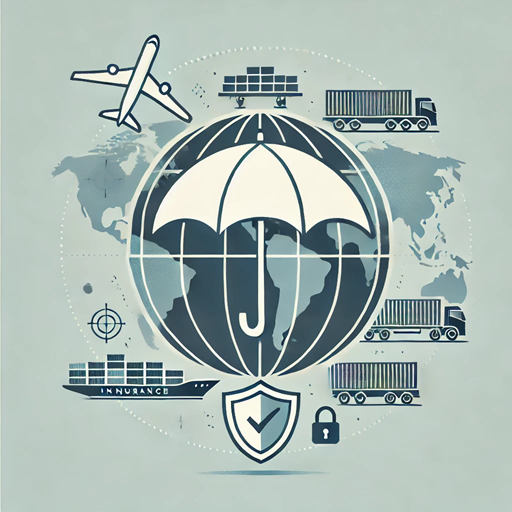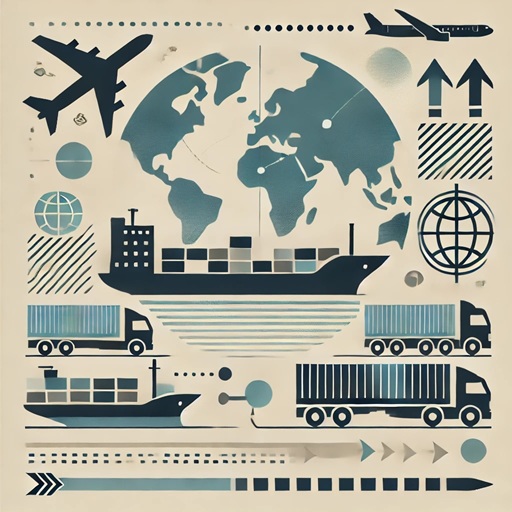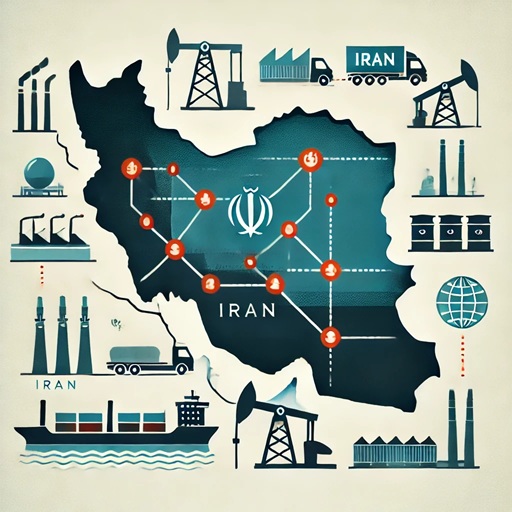When businesses engage in international trade, they inevitably face the risk of damage, loss, or theft of goods during transit. Whether you’re an importer, exporter, or manufacturer, understanding international freight insurance is crucial for protecting your assets and ensuring the smooth flow of goods across borders. This guide will cover the essentials of international freight insurance, including types of coverage, how to choose the right insurance, and common issues faced by businesses in the logistics industry.
What is International Freight Insurance?
International freight insurance, also known as cargo insurance, is a contract that provides coverage for goods while they are being transported across international borders. This insurance covers a wide range of risks, including damage due to accidents, theft, or natural disasters during transportation.
Freight insurance is typically provided by specialized insurers or through freight forwarders, and it helps mitigate the financial losses that can occur if goods are damaged or lost in transit. It is a critical element of risk management in international trade, ensuring that businesses are not left with unanticipated financial burdens.
Why Do You Need Freight Insurance?
In the world of international trade, there are many variables beyond a business’s control—ranging from weather disruptions to political instability. Even the most reliable shipping methods can experience delays, accidents, or unforeseen circumstances. Here are several reasons why freight insurance is essential for companies in import and export businesses:
Protection Against Loss or Damage: Goods in transit are at risk of being damaged, lost, or stolen. Freight insurance ensures that businesses do not bear the full cost of these unforeseen events.
Legal Requirement in Some Cases: Depending on the destination and the nature of the cargo, certain jurisdictions or trading partners may require freight insurance as part of the shipping contract.
Increased Confidence in Shipping: With the right insurance in place, businesses can confidently transport goods knowing they are financially protected, reducing the stress of potential loss or damage.
Cost-Effectiveness: While paying for insurance adds to the overall shipping cost, it is a small price to pay compared to the potential loss from a shipment that is not covered.
Types of Freight Insurance
When purchasing international freight insurance, there are several different types of coverage that importers and exporters should be aware of. The most common are:
3.1. All Risks Coverage
This is the most comprehensive form of cargo insurance. As the name suggests, it covers a broad range of risks including theft, damage, fire, collision, natural disasters, and even issues that arise due to improper packaging. However, it’s important to note that “all risks” does not mean absolutely everything. For instance, damage resulting from poor packaging by the seller or unreported prior damage may not be covered.
3.2. Named Perils Coverage
Named perils coverage is a more limited form of insurance that only covers specific risks listed in the policy. Common named perils include theft, fire, and accidents that occur during transit. If a loss is caused by something not specified in the policy, it will not be covered. This type of policy tends to be more affordable than all risks coverage but offers less protection.
3.3. Total Loss Coverage
This type of insurance applies only when a shipment is completely destroyed or lost. It typically covers situations like a vessel sinking or a cargo container being lost at sea. Partial damages to goods are not covered under total loss insurance.
3.4. Carrier Liability
Carrier liability coverage is a minimum level of insurance provided by the shipping carrier (e.g., shipping lines, air freight companies). However, it is usually quite limited and may not cover the full value of the goods. It is advisable to supplement carrier liability with additional coverage for more extensive protection.
How to Choose the Right Freight Insurance for Your Business
Choosing the right insurance for your cargo depends on various factors such as the type of goods being shipped, the shipping method, the route, and the value of the goods. Here are some key considerations:
4.1. Assessing the Value of Goods
High-value goods such as electronics, machinery, and fine art are more susceptible to loss or damage during transit, making them candidates for higher levels of coverage. On the other hand, low-value or durable goods might only require basic insurance.
4.2. Understanding the Shipping Route
Shipping through areas with political instability, poor infrastructure, or frequent natural disasters could increase the likelihood of damage. In such cases, opting for all risks coverage or specialized insurance products may be more beneficial.
4.3. Transport Mode
The mode of transport—whether by sea, air, road, or rail—can significantly impact the risk profile of a shipment. Air freight is often faster and more secure but more expensive, while sea freight is slower and generally carries more risk due to rough seas or accidents.
4.4. Reviewing Terms and Conditions
Carefully read the policy terms and conditions before purchasing. Look for exclusions (e.g., certain types of damage or risks), deductibles, and specific requirements (e.g., packaging standards) that could affect coverage.
Common Issues in Freight Insurance
While freight insurance provides a safety net, there are a few issues businesses often face when dealing with claims or insurance policies:
5.1. Delays in Claim Processing
Sometimes, claims for loss or damage can take weeks or even months to process, leading to delays in reimbursement. Having clear documentation of the condition of goods when they were shipped (e.g., photographs) and proper packaging is essential to expedite claims.
5.2. Exclusions and Fine Print
One of the biggest issues businesses face is dealing with exclusions in the insurance policy. Many policies do not cover certain types of damage, such as those caused by improper packaging, poor handling, or items stored in certain conditions. Make sure to fully understand the terms of the policy before agreeing to it.
5.3. Disputes Over Claim Amounts
In some cases, there may be disagreements over the amount of compensation for damaged goods. Having detailed records of the value of the goods, invoices, and shipping documents can help resolve disputes more smoothly.
Conclusion: Protecting Your Business and Assets
In the dynamic world of international trade, freight insurance acts as a vital tool for protecting your goods from unpredictable events during transit. By understanding the different types of coverage, selecting the right policy for your needs, and ensuring you have adequate documentation, importers and exporters can safeguard their assets and ensure their businesses continue to thrive, even when things don’t go as planned.
Sources:
International Chamber of Commerce (ICC) – International Trade Terms (Incoterms)
Institute of Chartered Shipbrokers (ICS) – Guide to Shipping Insurance
World Trade Organization (WTO) – Guide to International Trade and Insurance
Marine Insurance Act 1906 (UK)
Transport Insurance Services Ltd.














